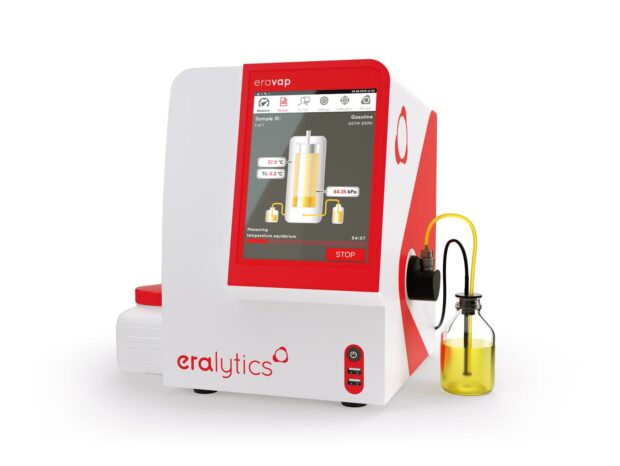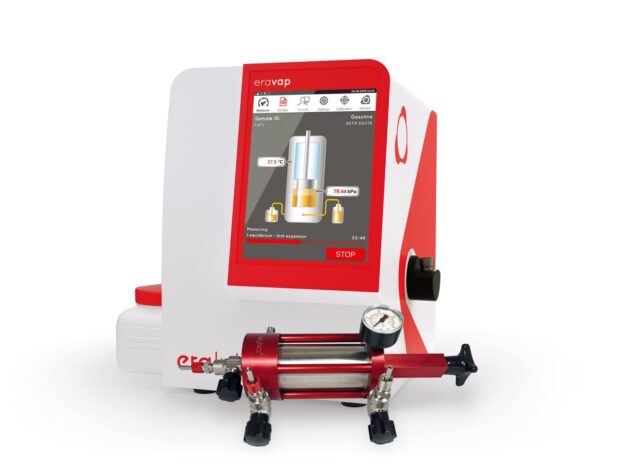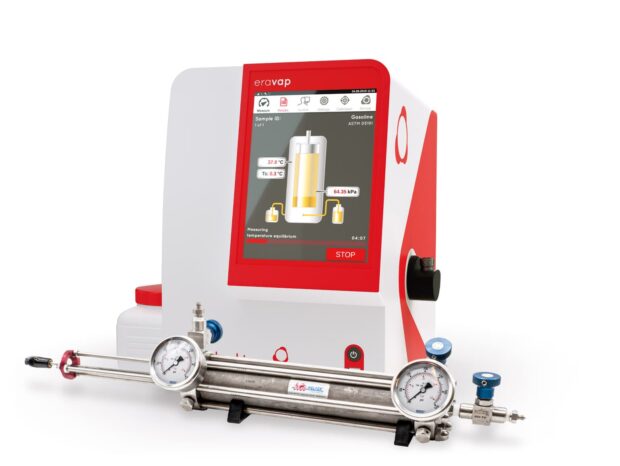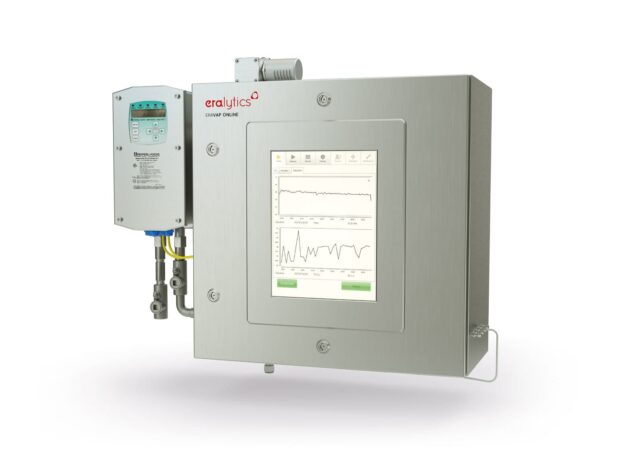Standard Test Method for Vapor Pressure of Liquefied Petroleum Gases (LPG) (Expansion Method).
Get more information about the standard at ASTM D6897-16.
ASTM D6897 is a standard test method established by ASTM International for determining the vapor pressure of liquefied petroleum gases (LPG) using the expansion method. This method is crucial for assessing the volatility of LPG products, which is essential for ensuring safety during storage, handling, and transportation.
Details
The ASTM D6897 test method employs automatic vapor pressure instruments to measure the vapor pressure of LPG samples. The procedure involves introducing a 3.33 mL sample into a temperature-controlled chamber maintained at 37.8 °C. The sample is then subjected to a controlled expansion to achieve a vapor-to-liquid (V/L) ratio of 0.5:1. The resulting pressure, ranging from 200 to 1550 kPa, is measured and recorded as the vapor pressure of the LPG sample.
This method is applicable to LPG products with vapor pressures up to 3500 kPa, at temperatures from 37.8 °C to 70 °C, and V/L ratios from 0.1:1 to 4:1.
Industries and Applications
ASTM D6897 is widely used in various industries and applications, including:
- Petroleum industry: Refineries and LPG producers utilize this method to assess the vapor pressure of their products, ensuring they meet industry specifications and safety standards
- Transportation and storage: Companies involved in the storage and transportation of LPG apply this standard to evaluate the vapor pressure of LPG, ensuring safe handling and compliance with regulatory requirements
- Regulatory compliance: Regulatory bodies may reference ASTM D6897 to establish guidelines and standards for LPG vapor pressure, ensuring public safety and environmental protection



